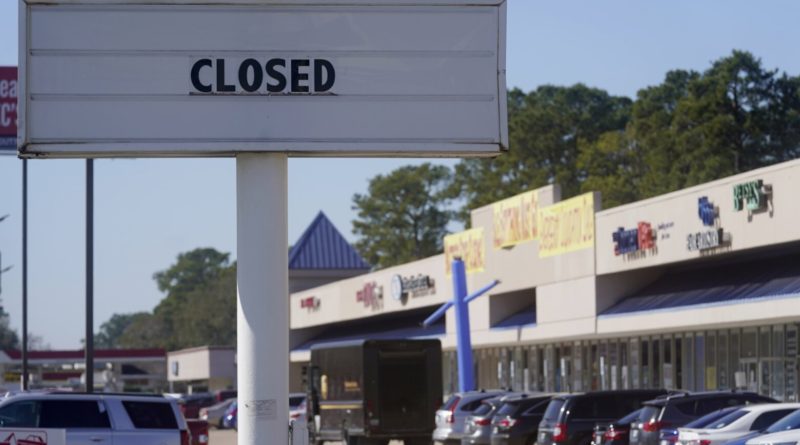COVID-19 fast-tracked existing retail industry trends, report finds
A new report from the National League of Cities said the pandemic fast-tracked existing retail industry trends.
The COVID-19 pandemic altered many aspects of life, including the retail industry and consumer behaviors. But that doesn’t mean the impact was entirely negative. According to a new report from the National League of Cities, the pandemic fast-tracked existing industry trends.
The report highlights three main trends. One is that more mixed-use retail spaces are popping up in cities. In areas like D.C., that was evident before the coronavirus.
Another trend is that people are spending more on experiences, rather than goods.
The third trend, which was made glaringly clear during the pandemic, is that emerging technology is changing the retail game, and broadband is a necessity.
Even though more than 12,000 retail chain locations closed in 2020, it seems this year, more stores will open their doors than will close.
And even with that extra space, there’s a chance to re-imagine what to do with it. That’s what Gaithersburg Councilmember Laurie-Anne Sayles said during a recent NLC panel.
“We now have, you know, an abundance of a surplus of approximately 1 million square feet of this space in our community. But this also presents an opportunity, this segment of retail space, is a prime for redevelopment,” Sayles said, noting that this includes an opportunity to convert some spaces into mixed-use developments where there’s a shortage of affordable housing.
“These are areas that we hope that we can redevelop so that they are more accessible, more walkable, and people can work and live where they play,” she said.
The retail industry might need a little sprucing up, but it may not be on its deathbed.
“As things become safer and start opening up again, I think it’s left a lot of people with a huge appetite to start supporting their local businesses, their local restaurants, their local retail, I think people are craving that experience now,” said Erin Simmons with the American Institute of Architects’ Communities by Design.
“And I’m hoping that means that the people who are the establishment owners are going to be able to really capitalize on that opportunity,” Simmons added.




